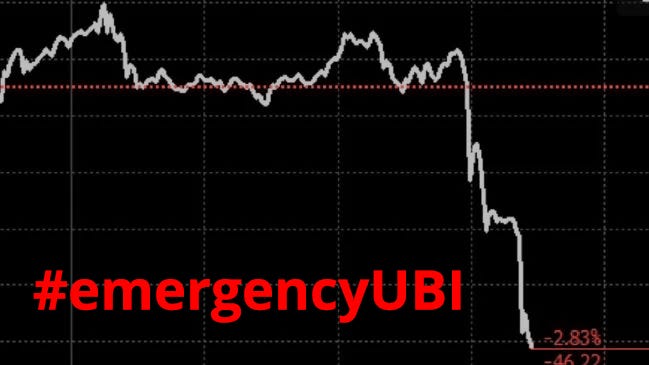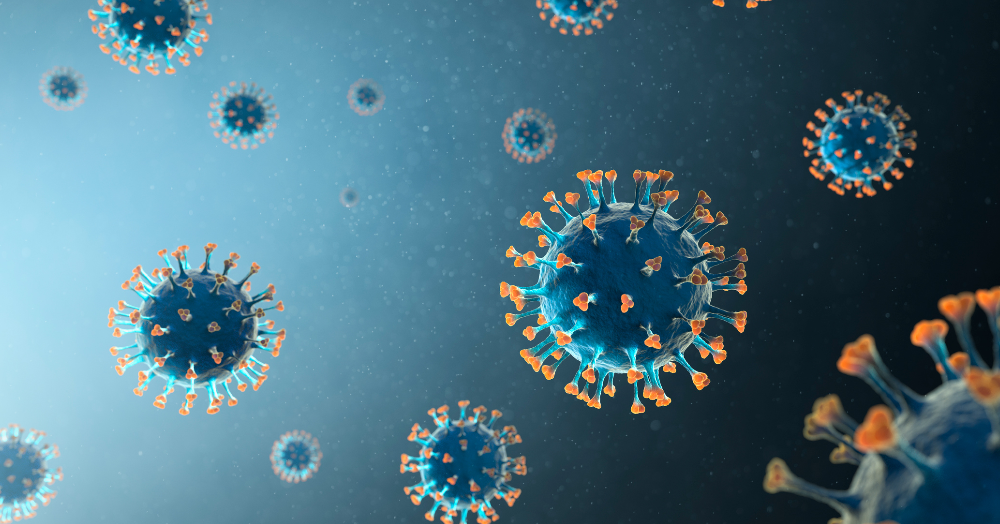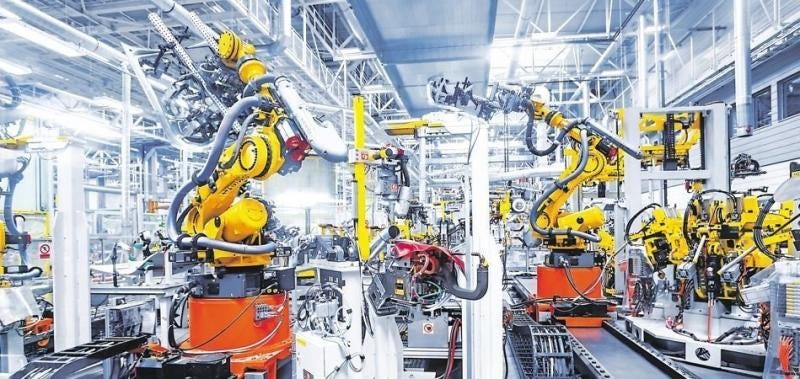
I recently wrote about the emotional effects of the COVID-19 pandemic and gave some thoughts on how to process grief, and how this pandemic is highlighting some fragilities in our societies. If you’re finding yourself struggling with the emotional fallout from this pandemic, I’d suggest giving that one a read. My partner Euvie has also written an article on how to be prepped for lockdown and social distancing.
I started writing an article a few months back about the unexpected positive results of instituting a universal basic income (UBI). This was at the height of Andrew Yang’s presidential campaign and when the idea of a UBI was gaining interest and reaching more people. I’ve also covered this subject in past podcast episodes at Future Thinkers. Since then, we’ve suddenly had a lot more pressing things to worry about and the reason for writing this has shifted.
Just as a warning, I have to outline some of the downsides and fragilities of our system in order to make my point. If you find this article difficult to read, please revisit my processing grief article.
If you’re not familiar with the concept, Universal Basic Income is a governmental public program for a periodic payment delivered to all on an individual basis without means test or work requirement. It is meant to be an unconditional, automatic, non-withdrawable, individual, right. Recently, discussion about UBI has shifted from a solution to job automation, to a crisis response to lockdowns due to the COVID-19 pandemic. Follow the #emergencyUBI hashtag on twitter.

COVID-19 is already having massive economic effects. We just had the worst stock market crash since 2008. A large number of people who were already living paycheck to paycheck are now finding themselves without an income or an ability to pay rent, buy food, or take care of dependents.
Friends of ours have lost their businesses and livelihoods, others have had to move back in with parents and family, and some have decided to drop everything and escape to the countryside. We’ve been affected too, in our personal lives and in our business.
Many countries have declared a state of emergency, and imposed strict rules to quarantine the older and more vulnerable citizens. Someone who works with us is having to dedicate a lot more of her time to getting groceries and running errands for elderly family members and neighbours who are prevented by law from leaving their apartments.
This added financial pressure is having a negative effect on family relationships too. I saw a statistic from a province in China that went into lockdown that shows divorce rates are already skyrocketing because of the added stress and constant proximity of couples and family members.
I think it’s also fairly obvious that depression, suicide, domestic violence, drug and alcohol abuse, and crime are going to be growing problems in the months to come.
As I’ve been watching these events unfold, I’ve realized that a UBI might actually be one of the best and most effective solutions to the economic and social fallout of this pandemic. It may solve the very immediate crisis of people losing their means to live.

Before COVID-19, UBI was a way to mitigate unemployment and give people a safety net as job automation slowly crept through the world and knocked out whole employment sectors. For example, the transportation industry is one of the biggest employers in the US and stands to fall in the wake of self-driving cars. Factories are increasingly run by robots, and small retail stores are shutting down as companies like Amazon gain total supremacy. But even with all this happening, people still have a hard time seeing what’s coming. Politicians continue to push the narrative “we need more jobs” even as companies lay off their work force and replace them with robots and software. With that said, the transition to UBI was likely going to be slow, bureaucratic, and debated for years as people’s standards of living slowly declined and more and more jobs were lost due to automation.
Like many Americans and Canadians, I grew up believing in the idea that “You should work for what you get”. But the work required to just live has endlessly grown, at the same time as our technologies have made our economies more productive than ever. We used to think that work weeks would decrease and that our future would allow for more leisure time and opportunity to explore our interests. But the generations that have come after the Baby Boomers have not been working less, and have actually seen a decline in their standards of living.
Our ancestors used to be able to walk up to a tree and pull breakfast off the branches. They could hunt or fish if they needed. I don’t mean to romanticize those days or imply that they had it better back then, but modern society has roped us into a dependency on industrialized food production, oil, wages, and constant consumption just to meet the basic necessities of life.
In an age where we have the production capacity to provide for the needs of everyone on the planet, it seems only fair that “work for what you get” may need to be decoupled from the ability to simply live.
In the wake of the COVID-19 pandemic, UBI is no longer just a political talking point, or a solution to some far flung future problem. It’s no longer something of equal weight to subjects like immigration, climate crisis, job creation, or income inequality. COVID-19 has quickly turned the idea of a UBI into a viable emergency response.

Without it, I anticipate that the sudden loss of income for hundreds of thousands of people due to lockdown and illness will likely cause sudden and volatile social unrest. We’re about to reach a boiling point. This is the exact type of thing that riots, looting, and lawlessness are fuelled by. My country, Canada, is offering emergency loans and tax breaks to families and businesses, but this is clearly not going to be enough. It is not a good solution to put people deeper into debt when entire industries are destroyed and people’s careers are suddenly no longer viable. And when whole families are going without income, delaying tax deadlines for a few months isn’t much of a consolation.
It’s not all grim though. Humanity has needed a more immediate reason to reassess what was and wasn’t working in our societies: financial, political, public education, food, environment, media and markets. Change is costly and we’re unwilling to do it without a sufficient amount of pressure from our ‘environment’. Well, the environment is speaking loud and clear.
By no means do I think UBI is a permanent solution. However, I do think it is an excellent opportunity to mitigate the COVID-19 crisis and reduce the severity of the economic collapse.
A UBI can unlock the creativity and capacity of a lot of people to help us transition into whatever new society comes next.
Not only will people more easily bounce back from this global shutdown, we may even see an explosion of creativity, arts, music, invention, community, education, and family values, and a decrease in crime and mental illness.
If I had a basic income right now, I know I wouldn’t use it to idly pass time in front of a screen, beer in hand. I would build my business, read more, take online courses, exercise, spend time with family, meditate, and make more content. All that good stuff that builds me and my family up, makes us more resilient, and allows for invention and innovation. The same things that I may not have the mental or emotional capacity for if I were worried about money.







